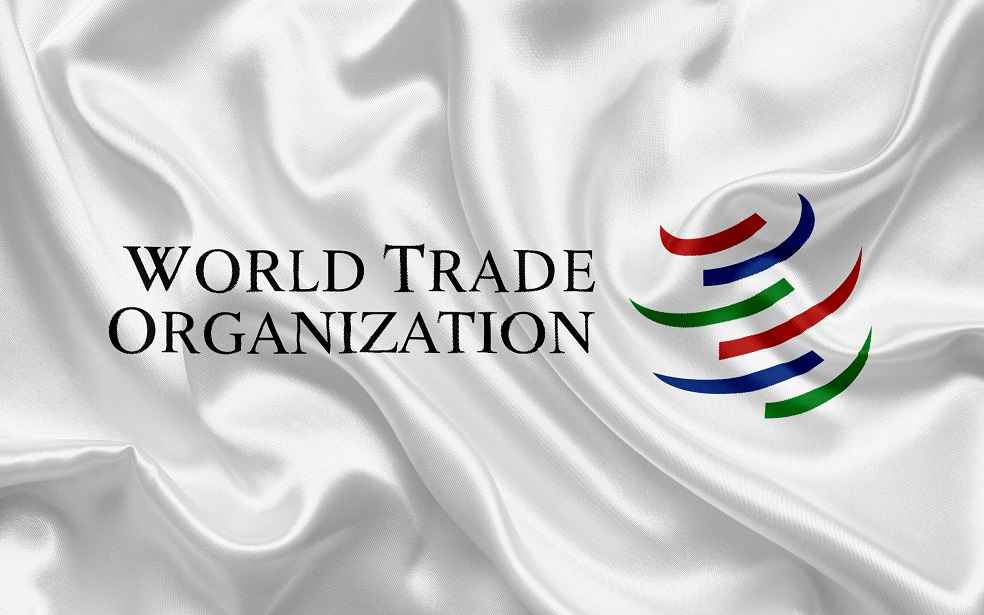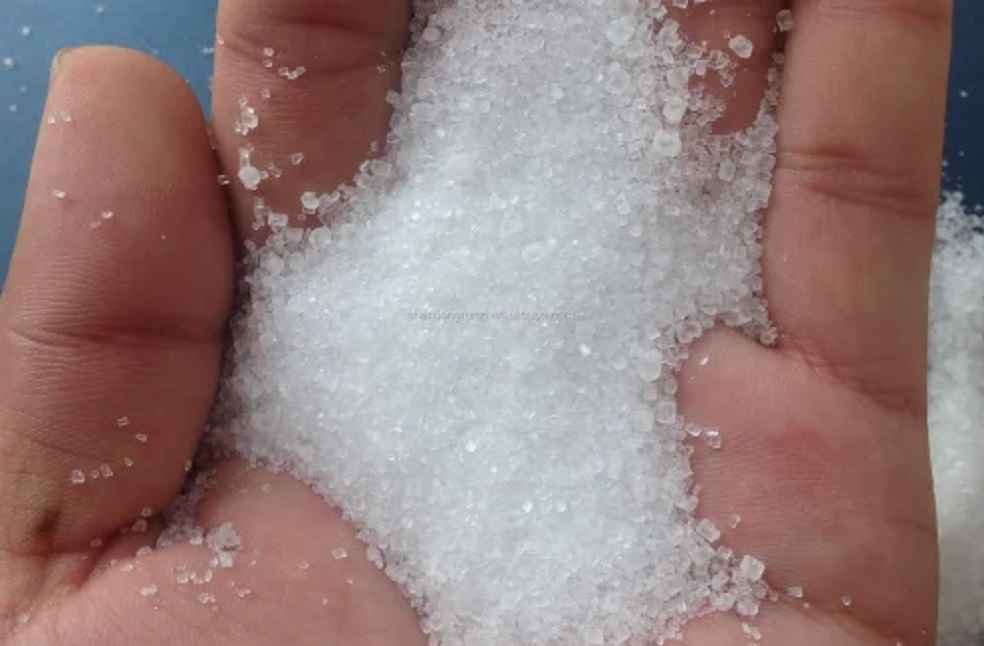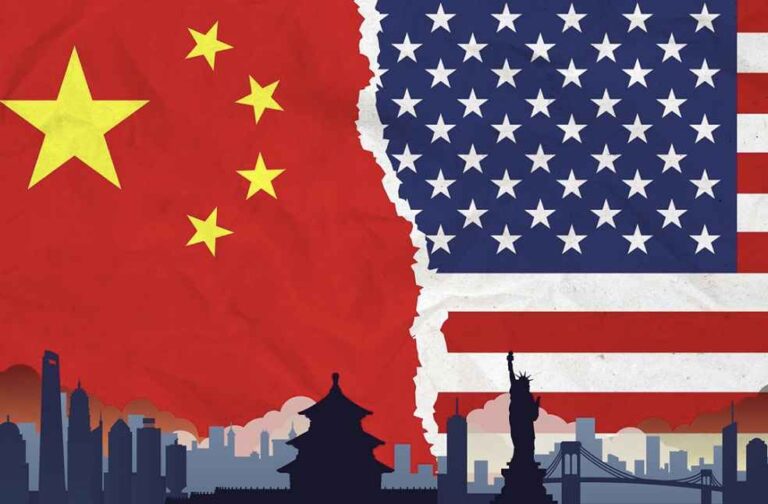China will impose additional tariffs on certain US imports, set to take effect from February 10, in response to the United States’ latest tariff measures. Simultaneously, Beijing has filed a lawsuit with the World Trade Organization (WTO) challenging Washington’s recent tariff hikes, which came into effect on February 4.
The Customs Tariff Commission of China’s State Council stated on Tuesday that a 15 percent tariff will be imposed on imported coal and liquefied natural gas (LNG) from the US. Additionally, crude oil, agricultural machinery, large-displacement automobiles, and pickup trucks will be subject to a 10 percent tariff.
The move follows the US government’s announcement on February 1, 2025, of a 10 percent tariff on all Chinese imports, citing concerns related to fentanyl and other issues. China’s Customs Tariff Commission condemned the US decision, arguing that it violates WTO regulations, disrupts normal economic and trade cooperation, and fails to address America’s domestic challenges.

A senior research fellow at the Chinese Academy of International Trade and Economic Cooperation, Zhou Mi, emphasized that China’s swift countermeasures reflect its commitment to protecting its rights and interests. He also warned that trade wars do not yield winners.
China’s Ministry of Commerce (MOFCOM) confirmed on Tuesday that it has formally lodged a case with the WTO’s dispute settlement mechanism in response to the US tariffs. A ministry spokesperson denounced Washington’s actions as a severe violation of WTO rules, calling them malicious, unilateral, and a form of trade protectionism.
MOFCOM criticized the US for prioritizing unilateralism over multilateralism, a stance that has drawn widespread condemnation from WTO members. The ministry reiterated China’s commitment to upholding the multilateral trading system and working with other nations to counter unilateralism and trade protectionism to ensure global trade stability.

Separately, China’s Ministry of Foreign Affairs issued a statement on Sunday expressing firm opposition to the US tariff hikes, vowing to take necessary countermeasures to defend China’s interests.
China’s retaliatory tariffs are in accordance with international law and are entirely justified, a spokesperson from the Chinese Embassy in the US said in a statement on Tuesday. The official asserted that Washington’s actions undermine the foundation of China-US economic and trade relations and could negatively impact future cooperation between the two nations, particularly in counternarcotics efforts.
Zhou noted that China’s tariffs target key US exports, such as energy products and specific machinery, potentially affecting the market share of American companies in China. He added that the countermeasures serve as a reminder to US policymakers of the negative consequences of their tariff policies.
Hu Qimu, deputy secretary-general of the Digital-Real Economies Integration Forum 50, warned that the US tariffs will likely disrupt global supply chains, distort prices, and exacerbate inflationary pressures in the US.
In addition to its tariff response, China has introduced further measures affecting US businesses. On Tuesday, MOFCOM and the General Administration of Customs imposed export controls on 25 rare metal products, including ammonium paratungstate, a key tungsten-based material.

China has also placed two American companies, PVH Group and Illumina, on its unreliable entity list. MOFCOM accused the companies of violating market trading principles, severing trade with Chinese firms, and implementing discriminatory policies. The ministry said these actions undermine China’s national interests, justifying the decision to blacklist the firms.
Meanwhile, China’s State Administration for Market Regulation announced an antitrust investigation into Google over suspected violations of China’s anti-monopoly laws.
Wu Chenhui, an independent analyst focusing on critical minerals, suggested that the rare metals export restrictions could impact the US high-tech and defense sectors, which rely heavily on Chinese imports. He described the move as an example of Beijing’s strategic approach to countering Washington’s unilateral trade policies.
Huo Jianguo, vice chairman of the China Society for World Trade Organization Studies, argued that US tariffs on Chinese goods will not resolve the fentanyl crisis, a key justification cited by Washington for its trade measures. He stressed that such challenges require diplomatic engagement rather than trade restrictions.
TRADE WORLD | Newfoundland Fishery Leaders Urge Action Against Trump’s 25% Tariffs



